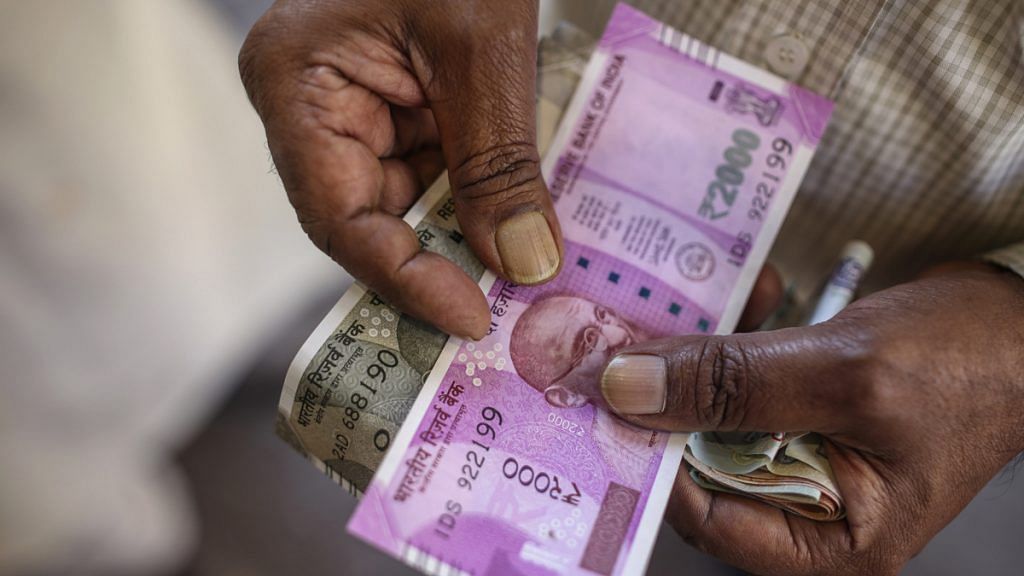Mumbai: A rebound in the Indian rupee and a government policy to boost the currency are helping to resuscitate sales in the small market for Masala bonds.
Housing Development Finance Corp., India’s largest mortgage lender, last week raised Rs 10 billion ($145 million) through a sale of the offshore rupee notes, the first in the market since November. Kerala Infrastructure Investment Fund Board is also marketing its first such benchmark-sized Masala, in a market that has struggled since its emergence in 2015.
After a rout in emerging-market currencies last year, the Indian government in September unveiled a tax break for non-resident buyers of Masala bonds as part of measures to boost the local currency. A rebound in the rupee following the US Federal Reserve’s pause in rate hikes, and the expiration of the tax exemption at the end of March, is helping boost the appeal of the notes.
“The central bank has ensured the currency is stable, which has given international investors the confidence to buy Indian assets including Masala bonds,” said Ajay Marwaha, portfolio manager at Sun Global Investments Ltd. in London. He is “hopeful” that the government in power after India’s general election, which concludes in May, will continue the exemption from withholding tax for Masala bonds.
The rupee has gained 5.2 per cent since the end of September against the dollar, making it Asia’s second best performer during that period. Measures to develop an offshore yield curve for rupee bonds would boost confidence among international investors for Indian assets, according to Marwaha.
More Insights
- Standard Chartered Bank expects Masala issuance to be largely driven by state-owned companies and doesn’t see a lot of private corporate or non-investment grade names raising funds via this route.
- “That’s because there is no dedicated real money investor base which can take rates, currency plus credit risk,” said Bharat Shettigar, head of Asia ex-China corporate credit research at Standard Chartered.
- “Therefore we haven’t seen offshore local bonds take off even in other emerging markets. CNH was an exception due to the huge amount of CNH deposits lying offshore,” he said.
Also read: Optimism over Modi’s re-election makes rupee Asia’s best currency
